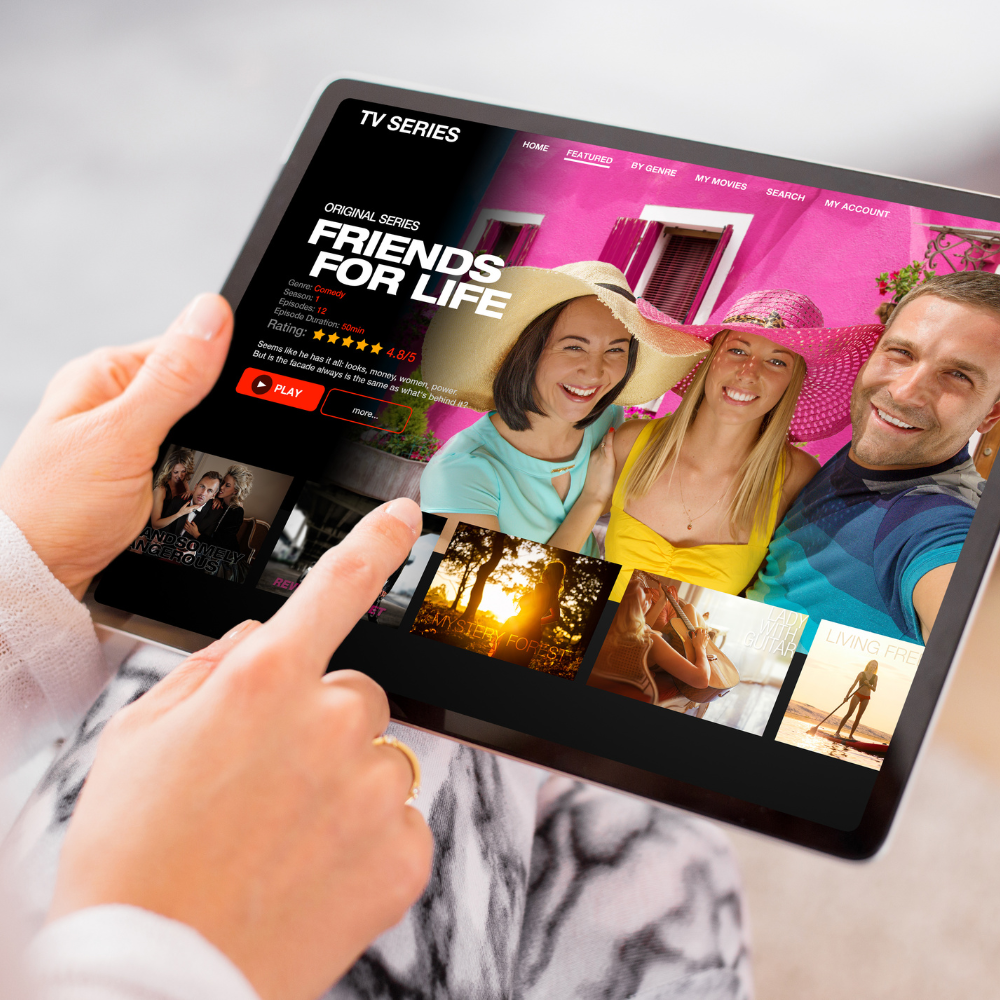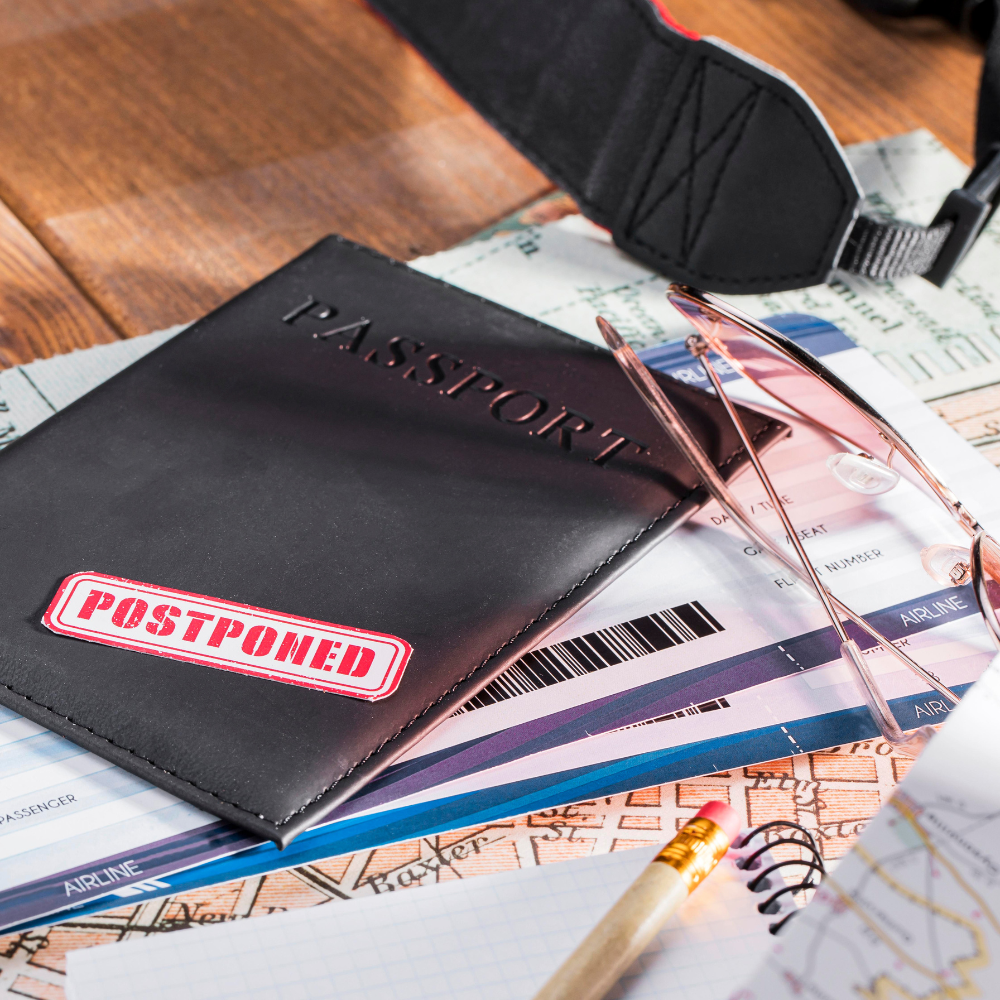
Already, elections around the world have been disrupted by Artificial Intelligence (AI); senior legislators and the security services are concerned that the United Kingdom will be next.
Sir Robert Buckland, a former justice secretary, is imploring the government to do more to combat what he considers a "blatant and immediate threat" to British democracy.
Particularly unsettling to the Conservative member of parliament and current chairman of the select committee on Northern Ireland is the proliferation of deepfakes—lifelike audio and video snippets purporting to capture politicians uttering untrue statements.
He argues that the danger that AI-generated disinformation poses to democracy is not a construct of a dystopian future.
Concerned that the upcoming general election, scheduled for January 2025, might encounter a similar degree of unrest as the one that occurred in 2017, when campaign activities were halted less than a week prior to the polling day in the wake of the Manchester Arena explosion.
By establishing a Defending Democracy Taskforce last year under the leadership of Home Office Security Minister Tom Tugendhat, the British government asserts it is implementing measures to safeguard elections against foreign interference.
It targets numerous hazards that are not novel in nature. Globally, election campaigns have historically been rife with disinformation and shady tactics. There have been Photoshopped caricatures, images, and even altered audio of politicians for decades.
The National Cyber Security Centre (NCSC), an agency of GCHQ, highlighted in its annual report the novelty of readily accessible robust generative AI tools that can be employed to generate convincing fakes.
Some consider the proliferation of large language models, including ChatGPT, and text-to-speech, or text-to-video, software to be advantageous for malicious state actors or bedroom-based mischief creators intent on disrupting elections.
A social media user discovered an audio recording purportedly showing Labour Party leader Sir Keir Starmer verbally abusing aides during the party conference in September, providing a glimpse of what was to come. 1.5 million people viewed the clip despite its swift debunking as a forgery.
Widespread on social media in November was a fabricated audio recording purporting to show London Mayor Sadiq Khan urging the rescheduling of Armistice Day in light of a pro-Palestinian march.
Following the Metropolitan Police's determination that no wrongdoing had been committed, Mr. Khan cautioned that unregulated deepfakes could imperil democracy's "slippery slope."
Deepfake footage circulating just prior to election day in a closely contested race represents the worst-case scenario for Sir Robert Buckland and others concerned about this matter.
In other recent international elections and referendums, AI-generated audio and visuals have played a role, including in Argentina, where the right-wing libertarian Javier Milei was victorious.
In the absence of adequate legislation, these elections demonstrate what can occur, according to Sir Robert Buckland. He is urging the government to expedite its preparations to enhance the oversight of misinformation by regulator Ofcom.
Ms. Donelan informed a group of Labour, Conservative, and SNP MPs last week that the government has "extremely serious concerns" regarding the AI threat.
Ms. Donelan and others have argued that technology capable of detecting and neutralising fakes contributes to the solution.



